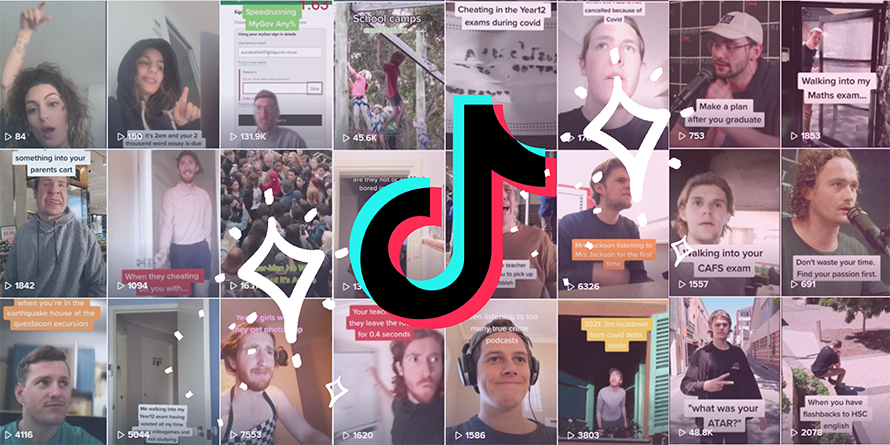TikTok is comedic relief for Gen Zs.
But what many outsiders don’t know is that young people are sticking around for some deeper reasons too.
“Where other platforms make me feel shit and lonely, TikTok makes me feel like I have friends,” an 18-year-old female from Victoria said, echoing other respondents in our What Gen Z Actually Do Online report.
“Hearing people my own age share their thoughts, be creative, educate and have fun is so incredible. It feels the same as when you finally find that group of special people you click with.”
As well as finding a supportive community, TikTok is their new knowledge hub.
“I have genuinely learned so much from TikTok, from life hacks to history, religion, music knowledge, skills. I hope it can be around for a long time. I think it will really empower our generation,” they continued.
“I say; bye performative draining social media, the kind that feels like a high school popularity contest with likes and comments; hello raw sharing of emotions, creativity and passion that empowers and inspires us to create and live interesting lives in the real world.”
60% of Gen Zs told us they use TikTok regularly, and for many of those users TikTok’s mix of educational and ‘real’ content on top of its funny and relatable content is social media’s saving grace.
Still not taking TikTok seriously?
TikTok shot up to the mainstream in the late 2010s, battling behemoths Facebook, Instagram and YouTube. In 2019, the video-sharing platform was the second most downloaded app and in 2021 it hit its three billion global downloads milestone.
Locally, Australian monthly usage doubled from 7.9 hours in 2019 to 16.8 hours in 2020, app monitoring firm App Annie reported – an increase likely due to extra screen time during Covid-19 lockdowns. Interestingly, monthly usage on YouTube was 16.3 hours in 2020. Australians spent half an hour more on TikTok than on YouTube!
The world is now racing to understand TikTok’s cultural impact beyond viral dancing challenges, its algorithms being scrutinised by journalists and policymakers as Facebook has been before it.
At Year13, we’ve known that TikTok is more than just for the lols. For many Gen Zs who have responded to our surveys, the platform has been life-changing.
“I have also found myself feeling more connected,” a 20-year-old female from Victoria said.
“I have found people on TikTok going through similar health challenges as me and I have been able to watch their videos and feel less lonely because it is like I am going through my recovery with people who understand me.”
Whereas Facebook markets itself as staying in touch with family and friends, TikTok shows how sometimes the connection you need is outside your circles.
“Facebook and Instagram make me feel negative, lonely and less connected as I see my feed full of people I know achieving things and loving life,” they continued.
“Whereas TikTok makes me feel connected, inspired and educated as I see people I don’t necessarily know cheering me on, going through the same things as I’m going through or being interested in the same things as me!”






